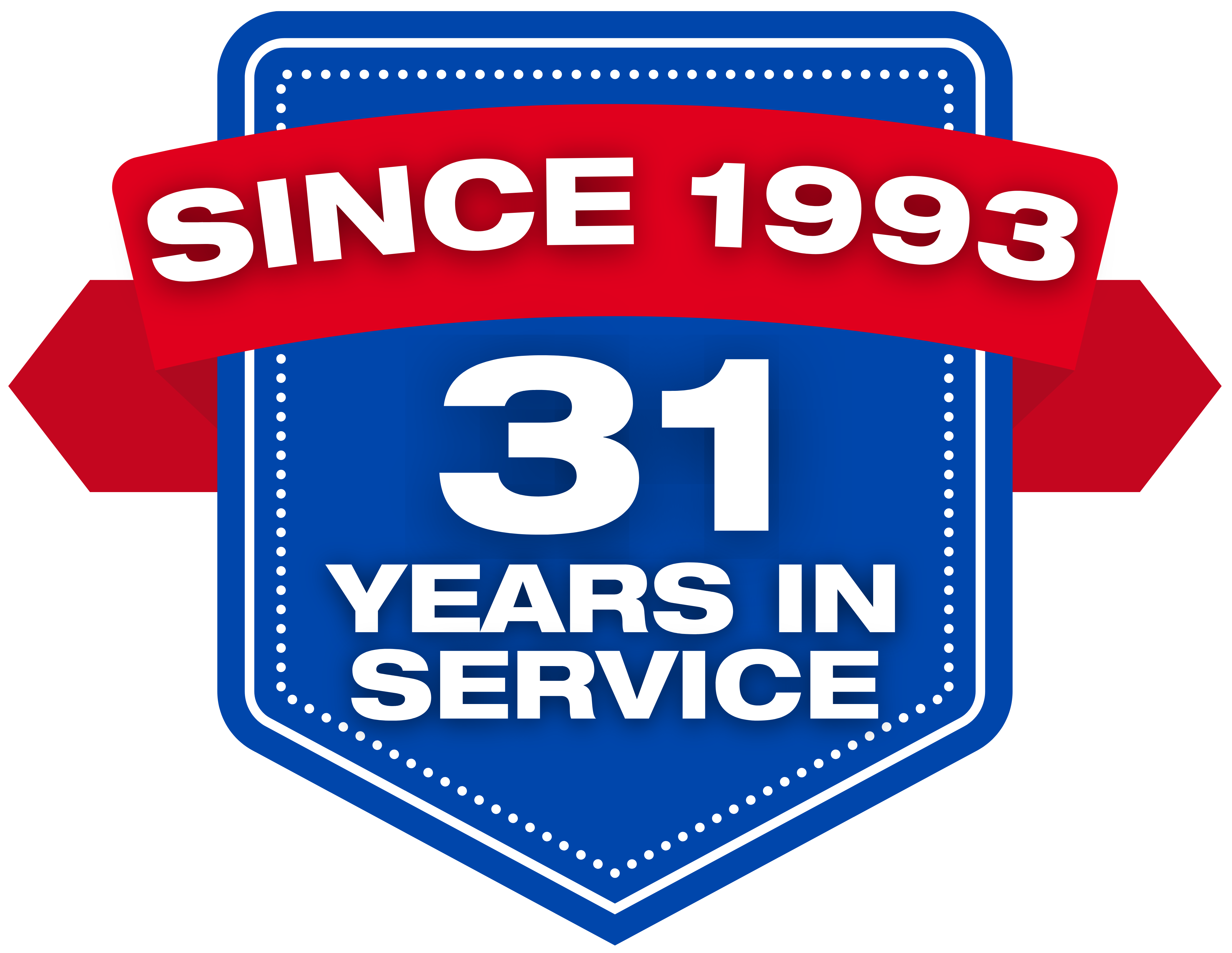Is It Safe to Stay in a House During Mold Remediation?

Mold remediation is a crucial process for ensuring a safe and healthy living environment. However, it raises a common concern among homeowners: Is it safe to stay in the house during mold remediation? This blog will explore the various aspects of mold remediation, potential health risks, and the factors that determine whether it's safe to remain in your home while the process is underway. Let’s get into it!
Understanding Mold Remediation
Mold remediation involves the identification, removal, and treatment of mold-infested areas in a property. Mold can grow in damp and humid environments, often resulting from water damage, leaks, or poor ventilation. The remediation process typically includes:
Inspection and Assessment: Identifying the extent of mold growth and the areas affected.
Containment: Preventing the spread of mold spores to unaffected areas.
Removal: Physically removing mold-infested materials and cleaning surfaces.
Cleaning: Using specialized cleaning agents to eliminate mold spores.
Restoration: Repairing and restoring affected areas to their original condition.
Health Risks Associated with Mold
Mold exposure can pose significant health risks, particularly for individuals with respiratory conditions, allergies, or weakened immune systems. For the sake of health and safety, it’s crucial to understand these risks and the symptoms that may persist without an apparent cause. If your symptoms continue for an extended period, you might have a mold issue. In severe cases, prolonged exposure to mold can lead to more serious respiratory issues, such as asthma attacks or infections. Common symptoms of mold exposure can include:
Sneezing and coughing
Nasal congestion
Throat irritation
Skin rashes
Eye irritation
Headaches
Factors to Consider
Understanding the health implications is crucial when deciding whether to stay in your home during a residential remediation. Several factors influence whether it's safe to stay in your home during this process:
1. Extent of Mold Infestation: The severity and extent of the mold infestation are key determinants. If mold is limited to a small, isolated area, such as a bathroom or a single room, it may be reasonable and easy to remain in the house. However, if mold has spread extensively throughout the property, it may be safer to relocate temporarily.
2. Location of Affected Areas: The location of mold-affected areas is another important consideration. If the mold is confined to areas that can be easily isolated, such as a basement or attic, staying in the house may be possible. You can easily steer clear of these areas. However, if your issue is in the common living areas, such as the kitchen or bedrooms, it may be more challenging to remain in the home without exposure to mold spores.
3. Containment Measures: Effective containment measures are essential to prevent the spread of mold spores during remediation. Professional mold remediation services typically use plastic sheeting, negative air pressure machines, and HEPA filters to contain mold spores. If these measures are implemented effectively, the risk of exposure to mold spores in unaffected areas can be minimized thus allowing you to still reside in your space safely.
4. Health Conditions: Individuals with pre-existing health conditions, such as asthma, allergies, or compromised immune systems, should exercise more caution. For these individuals, even minimal exposure to mold spores can exacerbate health issues, so it may be a necessary individual choice to use more caution here. If you are still feeling unsure, consulting with a healthcare professional is always best to help determine whether staying in the home is safe based on individual health circumstances.
5. Duration of Remediation: The duration of the mold remediation process also plays a role. Short-term projects that take only a few days may be more manageable for homeowners to stay in the house without too much inconvenience, provided proper containment measures are in place. Longer projects might make it necessary to temporary relocate for safety reason to avoid prolonged exposure to mold spores.
When to Consider Relocation
In certain situations, temporary relocation may be the safest option. Let’s evaluate when you should consider relocation:
Extensive Infestation: If mold has spread widely throughout the property, the risk of exposure is higher, making relocation advisable.
Severe Health Risks: Individuals with significant health risks should consider relocating to minimize exposure.
Inadequate Containment: If effective containment measures cannot be guaranteed, it may be safer to stay elsewhere during remediation.
Steps to Take If You Decide to Stay in the Home
If you decide to stay in your home during mold remediation, do so with caution and be sure to take the following precautions:
Limit Access: Restrict access to mold-affected areas and avoid spending time in these spaces.
Use Protective Gear: Wear protective gear, such as masks and gloves, when entering or near affected areas.
Improve Ventilation: Increase ventilation in unaffected areas by using fans or opening windows.
Follow Remediation Guidelines: Follow these guidelines provided by the mold remediation professionals to minimize exposure.
Determining whether it's safe to stay in your house during mold remediation depends on various factors, including the extent of mold infestation, location of affected areas, containment measures, health conditions, and duration of remediation. While it may be possible to remain in the home for minor infestations with proper precautions, extensive mold problems and severe health risks often necessitate temporary relocation.
Consulting with mold remediation professionals, like ALL-CLEAN USA and healthcare providers can help you make an informed decision. Keep in mind, the priority should always be to ensure a safe and healthy living environment for you and your family.
Why Choose ALL-CLEAN USA for Your Mold Remediation Project?
Facing mold problems? ALL-CLEAN USA has got you covered. Our skilled mold remediation specialists will evaluate the issue, thoroughly remove the mold, and establish preventive measures to stop future growth. Contact us today and begin your journey towards a cleaner, safer home.


